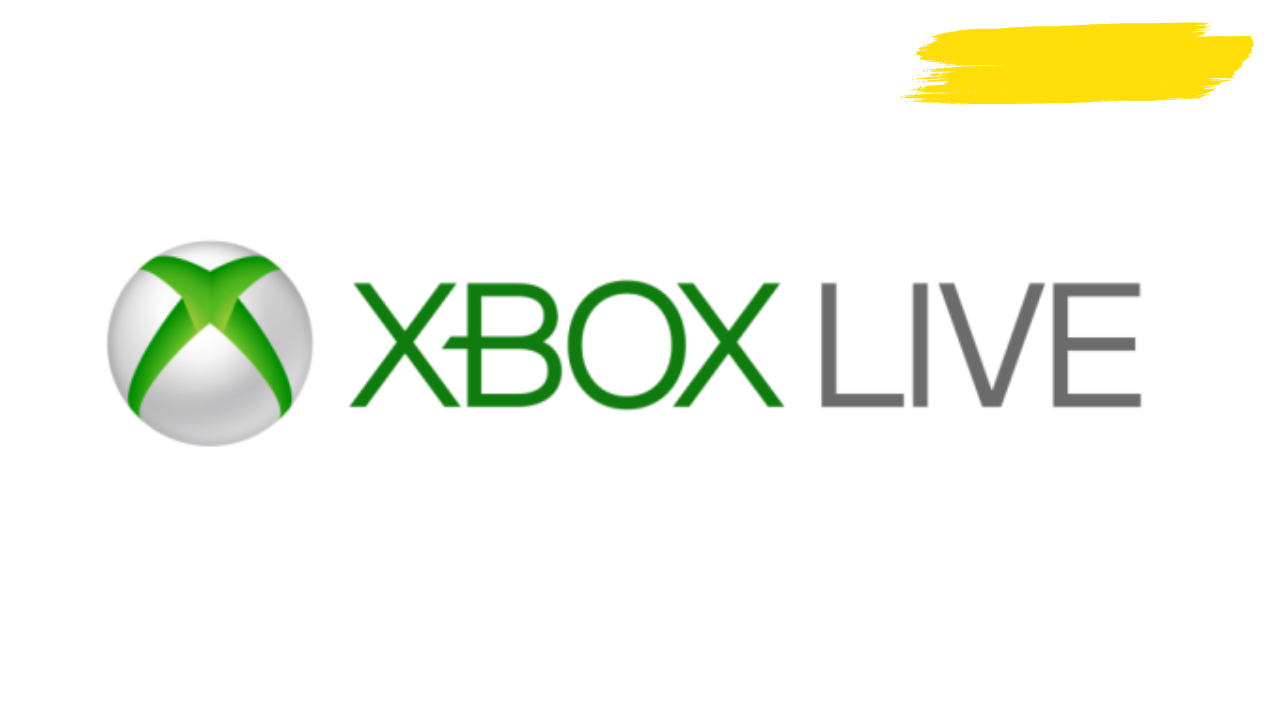Xbox Live Outage Look at the Recent Service Disruption
Introduction
The Xbox Live service experienced a significant outage recently, leaving millions of gamers unable to access their favorite games and online services. This disruption has sparked widespread frustration and raised concerns about the reliability of online gaming platforms. In this article, we provide an in-depth analysis of the Xbox Live outage, exploring its causes, impact, and the response from Microsoft. We also examine the broader implications for the gaming community and the steps being taken to prevent future occurrences.
What Happened?
Nature of the Outage
On [date], Xbox Live users worldwide began reporting issues accessing the service. Players were unable to log in, join multiplayer games, or access online content. The outage affected all Xbox consoles, including the Xbox Series X|S, Xbox One, and Xbox 360, as well as the Xbox app on Windows PCs.
Duration and Scope
The outage lasted for several hours, with intermittent connectivity issues persisting for some users even after the initial problems were resolved. The disruption was global, affecting gamers in North America, Europe, Asia, and other regions.
Causes of the Outage
Technical Glitches
While Microsoft has not released a detailed technical explanation, it is believed that the outage was caused by a combination of server issues and software glitches. These types of problems can occur due to routine maintenance, unexpected bugs, or increased server load during peak usage times.
Potential Cyber Attacks
There were also speculations about a possible cyber attack. However, Microsoft has not confirmed any malicious activity. Cybersecurity experts have pointed out that large-scale outages can sometimes be the result of Distributed Denial of Service (DDoS) attacks, where servers are overwhelmed with traffic, causing them to crash.
Impact on Gamers and the Gaming Community
Player Frustration
The Xbox Live outage caused significant frustration among gamers. Many took to social media to express their dissatisfaction, highlighting the dependency on online services for gaming. The inability to access games, particularly for those in the middle of multiplayer sessions or streaming content, led to a surge of complaints and negative feedback.
Impact on Game Developers and Publishers
Game developers and publishers also felt the impact of the outage. Online games with live services, such as Fortnite, Call of Duty, and FIFA, rely heavily on stable online platforms. The disruption affected in-game events, player progression, and potentially even in-game purchases, leading to financial implications for developers and publishers.
Microsoft’s Response
Communication with Users
Microsoft promptly acknowledged the outage and kept users informed through social media updates and the Xbox Support website. The company provided regular updates on the status of the issue and reassured users that their teams were working to resolve the problem as quickly as possible.
Restoration of Services
The Xbox Live services were gradually restored, with Microsoft implementing measures to prevent further disruptions. The company conducted a thorough investigation to identify the root causes and ensure that similar issues do not occur in the future.
Compensation and Apologies
While there has been no official announcement regarding compensation, Microsoft has previously offered free Xbox Live Gold memberships or in-game content to affected users following major outages. Gamers are hopeful that similar gestures will be made in this instance.
Broader Implications for Online Gaming
Reliability of Online Services
The Xbox Live outage underscores the importance of reliable online services in the gaming industry. As games become increasingly reliant on internet connectivity, ensuring the stability and security of these platforms is crucial. Outages not only disrupt gameplay but also affect the reputation and trust of the service provider.
Cybersecurity Concerns
The potential for cyber attacks on gaming platforms highlights the need for robust cybersecurity measures. Companies must invest in advanced security protocols to protect their servers and user data from malicious activities. Regular security audits and prompt responses to threats are essential to maintaining the integrity of online gaming services.
Steps to Prevent Future Outages
Infrastructure Improvements
To prevent future outages, Microsoft and other service providers must continue to invest in their infrastructure. Upgrading servers, improving software, and increasing capacity during peak times can help mitigate the risk of service disruptions.
Enhanced Monitoring and Response
Implementing enhanced monitoring tools and rapid response teams can ensure that issues are detected and resolved quickly. Proactive measures, such as predictive analytics and automated responses, can help address potential problems before they escalate into widespread outages.
User Communication and Transparency
Maintaining open lines of communication with users is crucial during outages. Providing timely and transparent updates helps manage user expectations and reduces frustration. Offering detailed post-incident reports can also build trust and demonstrate a commitment to improving service reliability.
Conclusion
The recent Xbox Live outage serves as a stark reminder of the challenges faced by online gaming platforms. While the disruption caused frustration among gamers, Microsoft’s swift response and efforts to restore services were commendable. As the gaming industry continues to grow, ensuring the reliability and security of online services will be paramount. By investing in infrastructure improvements, enhancing cybersecurity measures, and maintaining transparent communication with users, service providers can better navigate the complexities of the digital gaming landscape.
